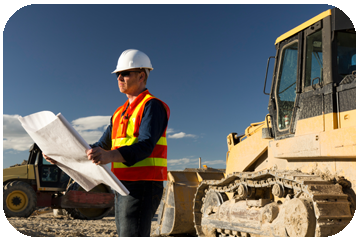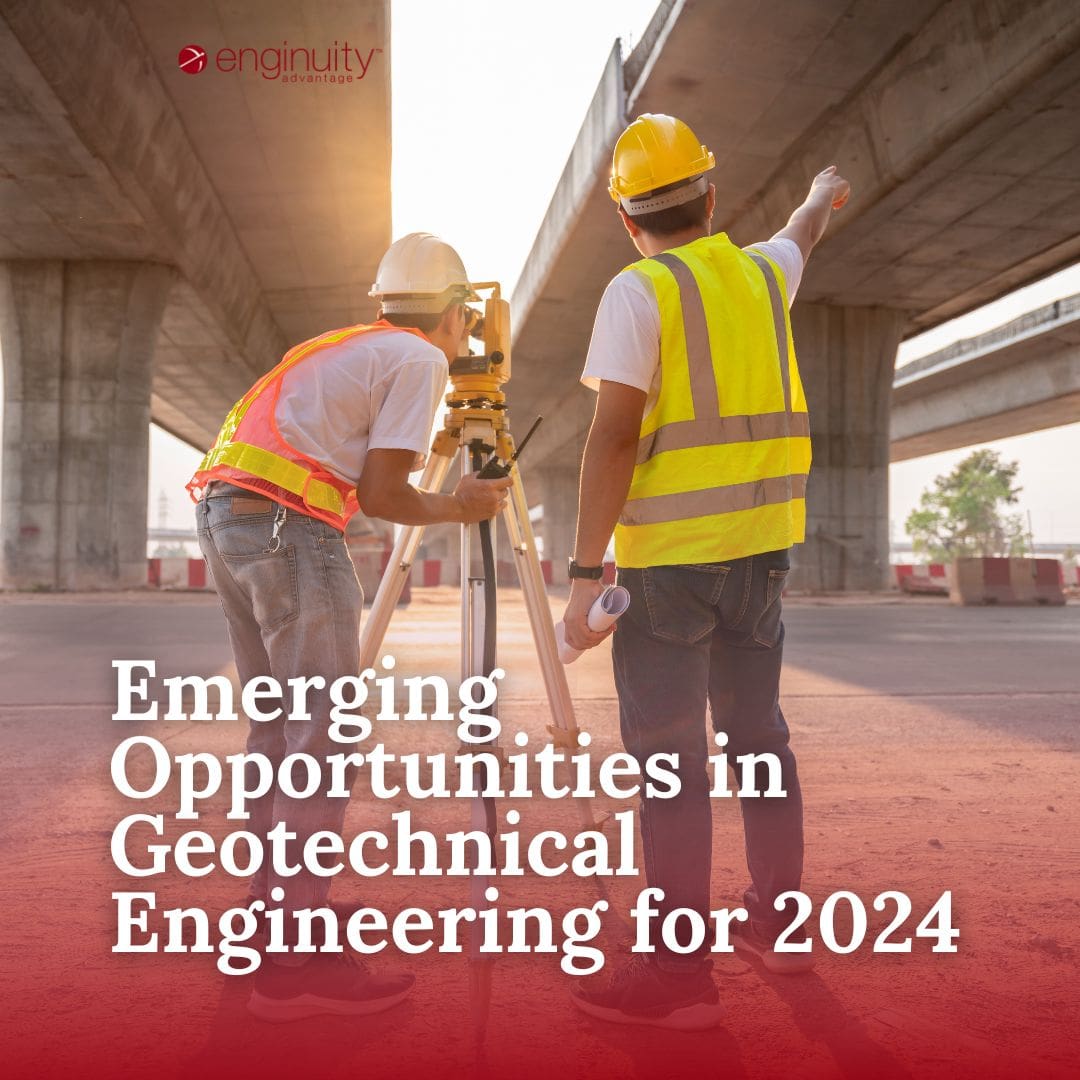Comprehending the Vital Function of the Geotechnical Industry in Modern Building And Construction Projects and Infrastructure Advancement
The geotechnical sector is a keystone of modern-day building and construction and infrastructure advancement, providing critical understandings into soil actions that straight affect job outcomes. Via innovative dirt evaluations and innovative engineering remedies, geotechnical professionals not just guarantee structural integrity however likewise address sustainability issues amid advancing ecological requirements. As facilities demands grow and brand-new obstacles arise, the importance of this field comes to be significantly apparent. What ramifications might these growths have for future jobs and the general safety and security of our constructed atmosphere?
Significance of Soil Assessment
Soil evaluation plays a critical role in the geotechnical industry, offering as the structure for educated decision-making in building jobs. Precise dirt evaluation is vital for establishing the suitability of a site for numerous kinds of structures, including residential homes, industrial structures, and bridges. By examining dirt make-up, thickness, wetness, and strength web content, engineers can anticipate possible challenges and mitigate dangers connected with ground instability, disintegration, and settlement.
The analysis procedure typically includes a series of examinations and observations that give vital details about the subsurface conditions. This information educates the layout and building processes, making certain that frameworks are constructed on solid ground with adequate assistance. Comprehending the dirt account makes it possible for designers to pick proper construction approaches and products, optimizing resource utilization and lessening costs.
Along with ensuring architectural stability, soil analysis contributes to ecological sustainability. By identifying possible contamination or unfavorable impacts on bordering communities, engineers can execute techniques to secure these natural sources. Overall, thorough soil assessment is important in the geotechnical area, underpinning the safety and security, performance, and ecological responsibility of construction projects.
Key Geotechnical Strategies
A selection of vital geotechnical strategies are employed to assess and enhance the security and efficiency of construction websites. One fundamental method is soil sampling and testing, which enables designers to identify the chemical and physical properties of the ground. This details is essential for making notified choices regarding foundation design and construction methods.
Another crucial technique is site characterization, which includes the thorough assessment of soil and rock conditions through approaches such as borehole drilling and in-situ testing. Strategies like Criterion Penetration Examinations (SPT) and Cone Penetration Examinations (CPT) supply valuable information on soil stamina and stratigraphy.
Ground improvement methods, such as dirt stabilization and grouting, are likewise vital in boosting the load-bearing capacity of weak dirts. These techniques can mitigate settlement and improve total site problems.
Additionally, incline stability evaluation is important for identifying potential landslide risks and guaranteeing the safety and security of excavations. This evaluation commonly utilizes mathematical modeling and restriction balance techniques to anticipate dirt habits under different conditions.
Integrating these geotechnical strategies into construction planning not just optimizes project outcomes yet also ensures the lasting sustainability of facilities development.
Influence On Building Safety

Moreover, efficient geotechnical engineering entails executing mitigation techniques for recognized risks. This may include soil stablizing techniques, retaining structures, or water drainage systems to relieve hydrostatic pressure. By attending to these aspects, construction groups can reduce the chance of mishaps and enhance employee security.
In addition, constant monitoring click for info of site conditions is crucial during building. Geotechnical tools can offer real-time data pertaining to ground movement and security, permitting prompt interventions when required.
Basically, the geotechnical industry plays a pivotal role in safeguarding building tasks. By prioritizing ground stability and using rigorous analysis approaches, the geotechnical industry not just shields the workforce but additionally contributes to the long life and reliability of created framework.
Sustainability in Geotechnical Practices

Additionally, geotechnical engineers are currently using sophisticated modern technologies, such as geosynthetics, which boost soil security while decreasing the volume of product called for. This not only pop over to these guys saves sources however additionally leads to much less waste generation (consulting engineer). The assimilation of lasting layout principles into geotechnical design encourages making use of renewable resource sources in construction processes, better reducing carbon emissions
By conducting these evaluations, geotechnical specialists can establish strategies that reduce adverse effects, making sure compliance with environmental regulations. In general, the focus on sustainability within geotechnical methods not only adds to the longevity and strength of infrastructure but also advertises a responsible strategy to land and source administration.
Future Trends in Geotechnical Engineering
Innovation is driving the future of geotechnical design, as arising technologies and techniques reshape the sector. The combination of advanced information analytics and expert system is established to reinvent site investigation and risk assessment, making it possible for engineers to make even more educated choices based on real-time data. Furthermore, making use of geosynthetic products is gaining traction, supplying lasting options that improve dirt stability and reduce ecological impact.
Another substantial fad is the adoption of automated and robot systems for surveillance and building and construction processes. These innovations not only enhance accuracy but additionally enhance safety by reducing human participation in dangerous settings. In addition, the application of Structure Information Modeling (BIM) in geotechnical layout facilitates boosted cooperation among stakeholders, maximizing job distribution and lowering costs.
As climate modification postures new obstacles, the industry is increasingly focusing on durability and flexibility in design methods, making sure infrastructure can hold up against severe weather condition occasions. The continuous pattern toward sustainability will certainly drive technology in eco-friendly products and methods, aligning geotechnical design with more comprehensive ecological objectives. Collectively, these fads will form an extra effective, lasting, and durable geotechnical landscape for future jobs.
Final Thought

The geotechnical industry is a cornerstone of modern-day building and construction and infrastructure advancement, providing crucial understandings right into dirt behavior that straight affect task outcomes. geotechnical engineers.Dirt evaluation plays a crucial function in the geotechnical sector, serving as the structure for informed decision-making in building projects. In general, complete soil assessment is indispensable in the geotechnical field, underpinning the safety and security, efficiency, and ecological duty of building projects
Building and construction security is considerably affected by geotechnical practices, as the security and honesty of the ground straight influence the overall security of a construction site.In verdict, the geotechnical sector is vital in modern-day building and construction and facilities advancement, offering important assessments that guarantee structural honesty and safety.